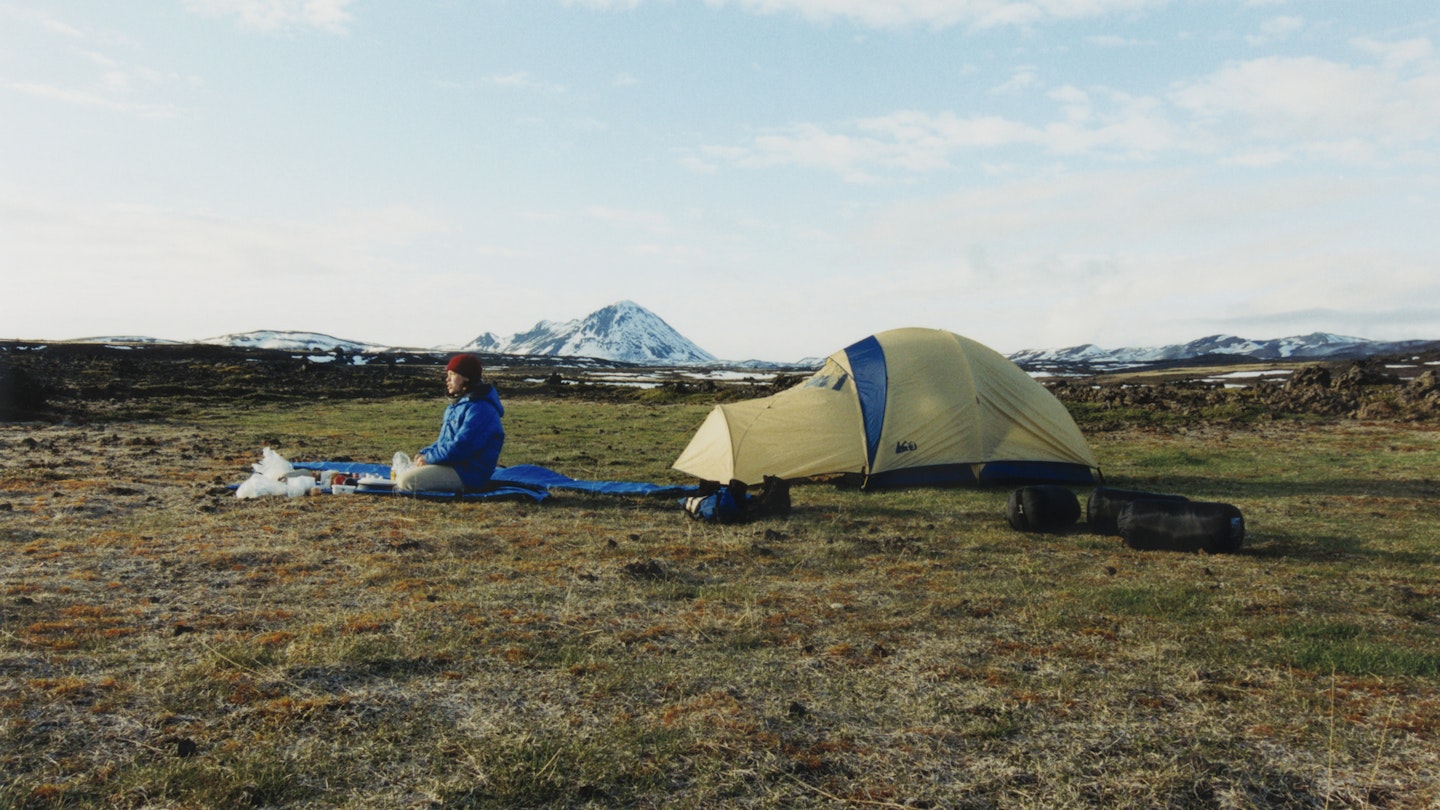I did not grow up in a family who camped; in fact, mine laughed at the idea of it. My first pair of hiking boots were purchased solely for a two-night camp with school. Initially, I had no clue what I was doing. I was as familiar with tents as I was with speaking Portuguese. However, like most things, you’re never too old (or young) to learn how to love it.
How have I come to appreciate camping? It helps when you know an avid camper. My restless, adventurous Kiwi partner, who grew up in New Zealand’s natural backyard, showed me the ropes. Now, I’m a very happy camper! I am drawn to the soothing contrast it creates in my hurried urban lifestyle. Few activities can make you slow down and recharge quite like camping.
In the age of coronavirus, these types of trips satisfy our desire for adventure. You can stay local, have more control over your destination, and it’s affordable. Therefore, whether you’re a rookie or a seasoned camper, here’s why you should consider camping for your next adventure.
Improving Physical and Mental Health

Research suggests that camping can improve sleep patterns, enhancing your circadian rhythm and overall health. These benefits depend on having the right gear, such as a good-quality tent that withstands the elements and promotes undisturbed sleep. Furthermore, an adventure in the wilderness compels you to detach from technology, which is one reason I adore camping. Taking time away from screens and disconnecting from devices breaks those artificial dopamine loops.
Camping can often combine with other recreational activities—such as hiking, swimming, and fishing—that encourage us to breathe in fresh air, increase our heart rates, and, if fortunate enough, absorb Vitamin D from the sun. A 2017 public health study even suggests that the practice of forest bathing (enjoying leisure time surrounded by trees) has “therapeutic effects” on immune function, cardiovascular health, and respiratory well-being. Moreover, it can alleviate anxiety, ease mood disorders, and enhance feelings of calm and appreciation.
Traveling More Sustainably
Many of us have been compelled to pause in our hectic lives and reevaluate how our lifestyles impact the community and the planet. Spending time outdoors, witnessing the rawness and fragility of nature, typically cultivates a deeper appreciation for our surroundings and an increased awareness of how we inadvertently harm the planet.
Camping encourages individuals to leave minimal traces to protect natural landscapes and the flora and fauna residing in them. I find myself among Australians who often travel overseas instead of exploring our own country first. However, by choosing to camp, you can cut down on travel costs and reduce your environmental footprint. Consequently, instead of hopping on a plane or bus, perhaps what you need to satisfy your wanderlust is just an hour or two away from home, out in nature.
Reducing the Risk of Encountering Future Travel Restrictions

As we’ve learned, there is no way to predict what a post-pandemic world will look like, especially regarding travel. Challenges for international travel will undoubtedly arise as countries strive to manage the coronavirus crisis within their borders. By keeping your travel plans local this year, you can reduce the likelihood of encountering travel restrictions that can suddenly emerge and induce stress for travelers.
Connecting with Loved Ones in New Ways

It is said that you don’t truly know someone until you live together. This sentiment holds even more weight when you camp together. The opportunity for uninterrupted, quality time with family and friends can foster stronger connections and a greater appreciation for one another. Sharing experiences in awe-inspiring landscapes can lead to memorable moments that last a lifetime. Therefore, inspiration, recalibration, and discovering unique freedom make camping a fulfilling adventure.




